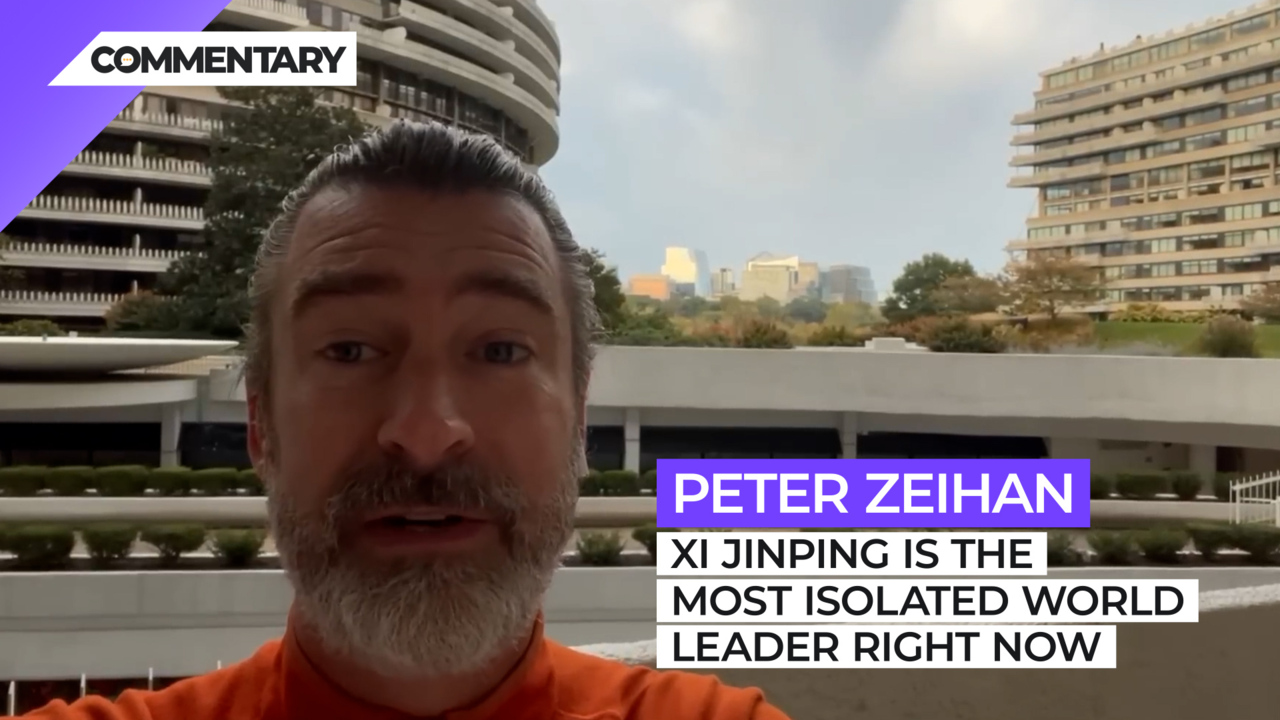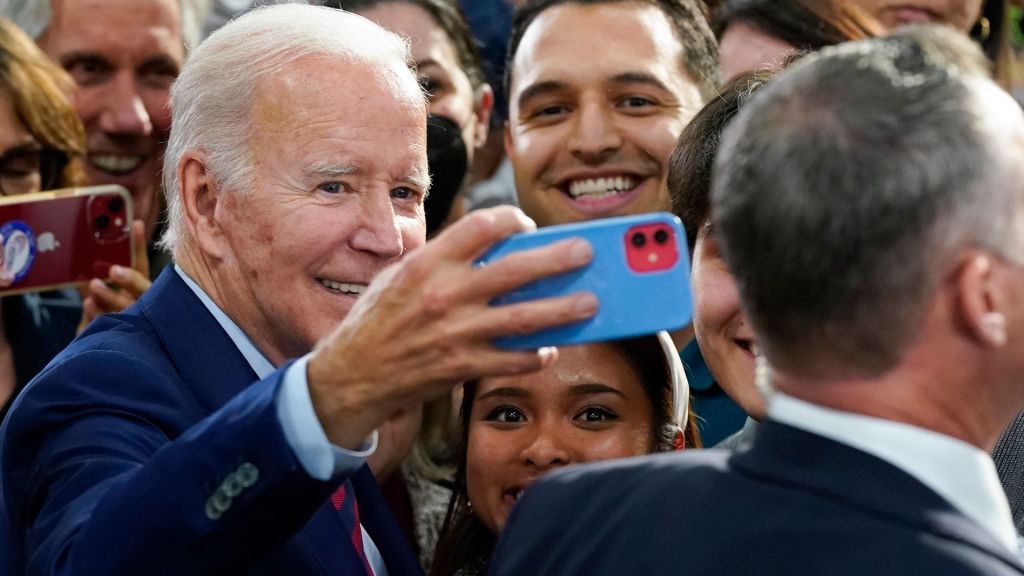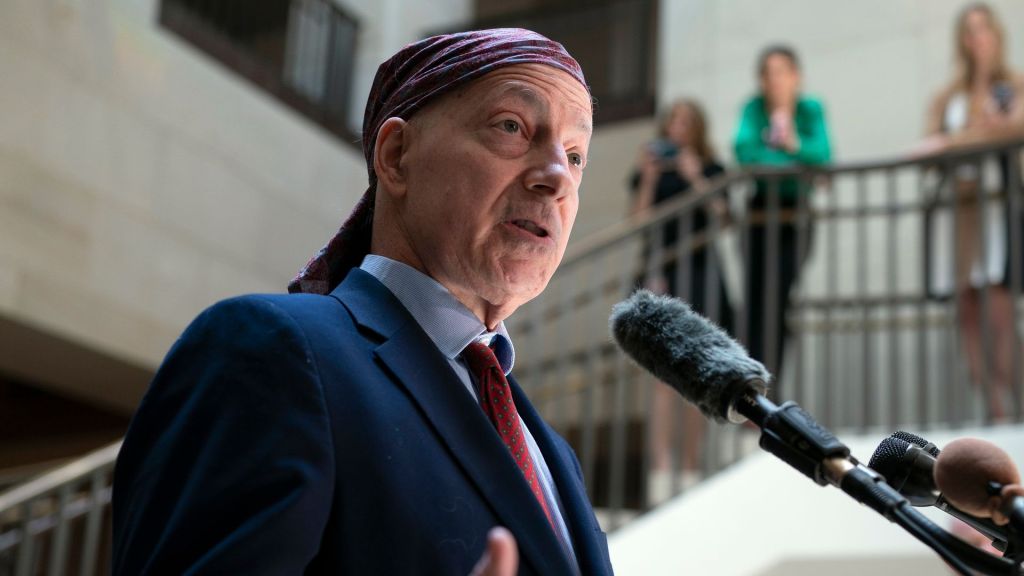
Commentary
-
Our commentary partners will help you reach your own conclusions on complex topics.
Hey, everybody, Peter Zeihan here coming to you in Washington DC at the Watergate. And I thought today might be a great time to talk about leadership.
Now I’m going to do a whole series of these while I’m in town and you’ll be seeing them over the next couple of weeks, but I wanted to start with the issue of the day. And that is Chairman of the CCP, Xi Jinping in China, is currently in the middle of his Party Congress that happens every five years. And the debate in the China watching world is whether he’s going to make himself president for a third term or just dictator for life.
Xi Jinping, what he does is kind of besides the point here, he is a dictator for life. So the trappings of how he decides to justify or advertise that are really kind of irrelevant. And it’s more important to look at the structure of China at this moment and how he fits into that.
China is a tough place to govern. It’s a huge country with a massive amount of geographic diversity. And even though the Han super majority is over 90% of the population, the regions are so distinct that there’s a lot of identities even within the ethnicity. North on the Yellow River, you’ve got the North China Plain, which is where about half the Chinese population lives. And it has always been tight in the grip of Beijing.
In the South, you’ve got the cities from Shanghai going down to Hong Kong, which have always been a little secessionist and more integrated with foreign zones, especially when it comes to their food supply. So they’ve always had their own identity.
And then in the middle, you’ve got to the Yangtze River from Shanghai to Schezuen that has always been the most sophisticated and value-added and functional part of the Chinese economic system – and has usually resisted Beijing’s rule but they’re still quintessentially Chinese.
Ruling this is difficult because it means each region, each city has its own identity, its own idea of what should happen and not happen, and how to put it all together. And then in Beijing, you’ve got the emperor who has to manage all of this.
And it means that China tends to oscillate wildly between two conflicting visions. On the one hand, there’s local autonomy. You’ve got the locals who are determining what happens. They have a saying in China that the emperor is far away. And so the Chinese system tends to spin apart and dozens of competing systems. On the other hand, you’ve got the emperor who tries to hold it all together and tends to over-centralize as a result. And combining those two themes means that China has the most war torn and internecine conflicting history of all of the major cultures of all the world.
Now, in the leadership years before Xi, you know, not Mao but his successor, Deng Xiaoping and moving on from them, there was this idea that there had to be a degree of balance. So leadership involved the South, the Central, sections on the north – although the North was very clearly in charge, and the center was very clearly in the second position.
But by the time we got to Xi, the decision was made that it’s time for somebody who could represent all the regions, and he was brought in as kind of a compromise candidate. And then he took over.
In his first five year term, it was a massive, what he called an anti-corruption campaign. But it was really a purge of all the competing power centers throughout the party and throughout the system. And whether you had a different view of what China should be or how to get there, you were kicked out. And if you were a local regional power boss, you were brought to heel.
In the second five-year term, as you went after everyone who agreed with him, to make sure that no one was capable of independent thought in his area. And that has made him the most isolated world leader on the stage right now, arguably the most isolated in Chinese history. And he’s now more shut off from everything and all sources of information than even the Kim dynasty of North Korea. And so we are seeing catastrophic policy decisions being made in economics and trade with COVID and security.
And for the bureaucracy, you kind of go one of two ways. Option number one is you are a true believer, and you think that Xi is the second coming and so when you see him say something, you snap to and do your interpretation of it and the most zealous way you can come up with. This is one of the reasons why the lockdowns in places like Hong Kong have gotten so extreme, and why you’ve got some idiots out there who are sanitizing airport runways, because I think that’s what Xi wants them to do to fight COVID.
But the vast majority of the bureaucracy, knowing that if they get brought to Xi’s attention, good or bad, it could be a disaster. They just don’t do anything unless they’re specifically told. So we’re seeing a seizing up through the entire system because we have a leader that is so disconnected from everything, he’s making decisions without any information whatsoever because nobody wants to bring it to him. And that means that the Chinese system, or sorry, the greatest threat to the Chinese system, the greatest reason to expect the Chinese system to collapse in the foreseeable future, is the leadership.
You know, we think we have a problem in the United States going back and forth from W to Obama to Trump to Biden and all the issues and inconsistencies – that it’s nothing compared to the complete information lockdown that now exists at the very top in the Chinese system. Okay. Next time I’m sure we’re gonna have to talk about Putin because, wow. All right, everyone, take care. See you soon.
-
How could RFK Jr. impact 2024 election?
Many Americans speculated about how a potential RFK, Jr. campaign might impact the 2024 elections. While RFK is neither a Democrat nor a Republican, many of his positions favor Donald Trump’s base over Joe Biden’s, particularly his various conspiracy theories on a wide range of subjects. Straight Arrow News contributor Peter Zeihan says that GOP…
-
Global warming won’t impact Russian-Chinese shipping
The seas above Russia’s northern coastline are too frozen for shipping, but some have wondered whether global warming might change that in the decades to come. If those seas were to become navigable for commercial shipping, new direct routes between Russia and China could theoretically open up. Straight Arrow News contributor Peter Zeihan throws more…
-
Can other nations replicate success of US shale revolution?
The “shale revolution” has provided the United States with a bountiful domestic supply of oil. But extracting oil from shale is a highly technical process, and it is also dependent on specific geological formations. Straight Arrow News contributor Peter Zeihan tackles the question of whether or not other nations might be able to replicate the…
-
Peace between Israel and Iran, at least for now
A series of recent airstrikes between Israel and Iran inflamed fears of a wider regional war erupting in the Middle East. That concern now seems to have paid off, after third-party countries around the world successfully intervened and talked down military hardliners in both Israel and Iran in order to avoid such an outcome. Israel’s…
-
Global internet in a precarious state, but that could be a positive
Over 500 underwater cables span over 870,000 miles worldwide, serving as the foundation of the modern global internet. Despite their critical role in facilitating communication, these cables often go unnoticed, even as the amount of data transmitted through them has surged. So what happens if the cables fail? Straight Arrow News contributor Peter Zeihan contends…
Latest Stories
-
 Getty Images
Getty Images
Biden uses NFL draft ad to try to connect with young voters
-
 Getty Images
Getty Images
Powering pot: Energy for US cannabis industry could electrify 13.5M homes
-
 Getty Images
Getty Images
Allies plan for Trump to have more control over interest rates
-
 Getty Images
Getty Images
FDA: Bird flu found in 1/5 commercial milk samples, suggests greater spread
-
 Reuters
Reuters
China permanently deploys warships to second overseas base
Popular Opinions
-
In addition to the facts, we believe it’s vital to hear perspectives from all sides of the political spectrum.
Latest Opinions
In addition to the facts, we believe it’s vital to hear perspectives from all sides of the political spectrum. We hope these different voices will help you reach your own conclusions.
The opinions published in this section are solely those of the contributors and do not reflect the views of Straight Arrow News.

















Latest Commentary
We know it is important to hear from a diverse range of observers on the complex topics we face and believe our commentary partners will help you reach your own conclusions.
The commentaries published in this section are solely those of the contributors and do not reflect the views of Straight Arrow News.
Peter Zeihan
Geopolitical StrategistGlobal warming won’t impact Russian-Chinese shipping
Can other nations replicate success of US shale revolution?
Peace between Israel and Iran, at least for now
Dr. Frank Luntz
Pollster and Political Analyst‘Take the job seriously’: Why Americans are fed up with Congress
‘If we can shrink it, it will stop growing’: Americans talk debt, deficit
‘I don’t think they care’: Undecided voters explain their reasons
Pete Ricketts
U.S. Senator for Nebraska